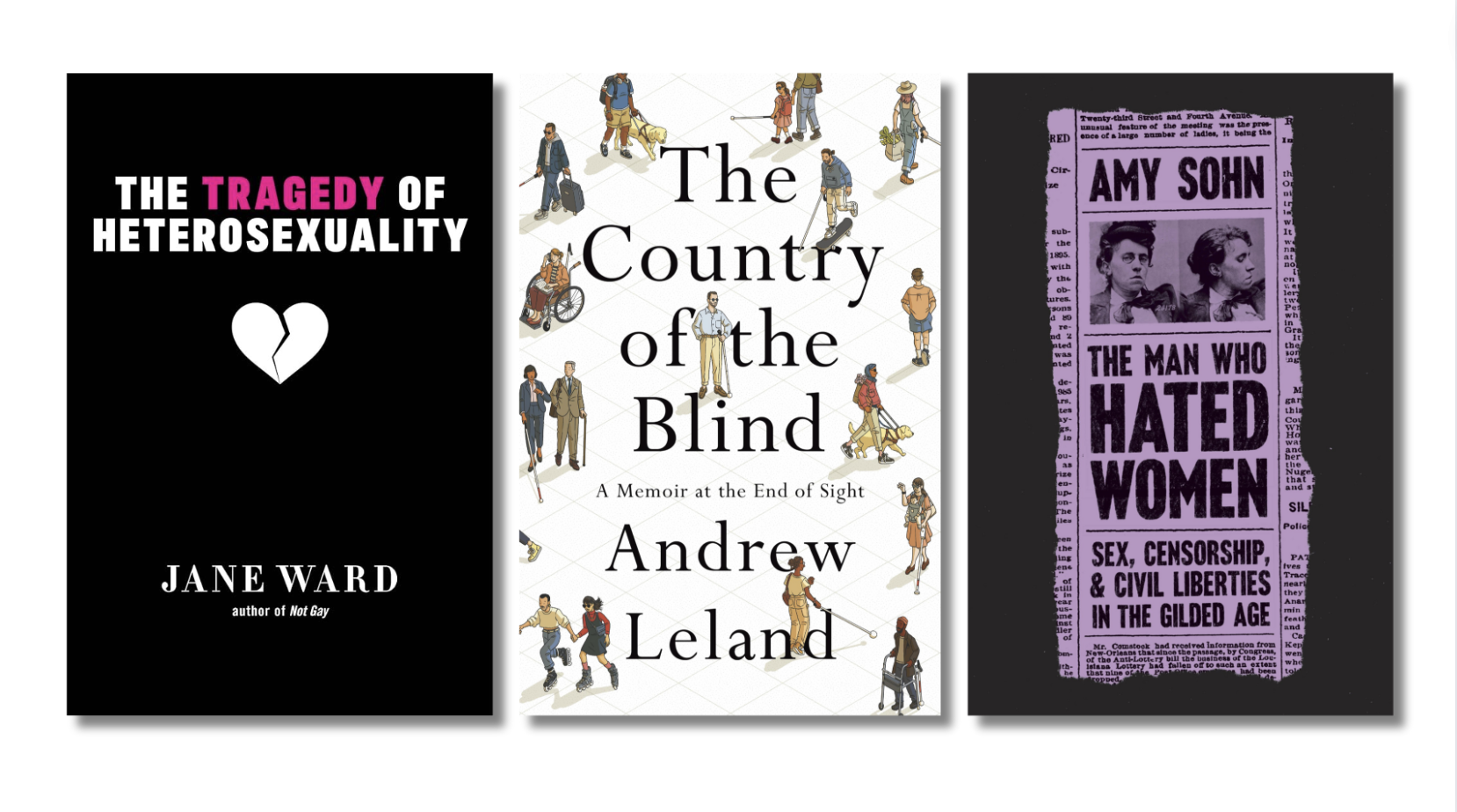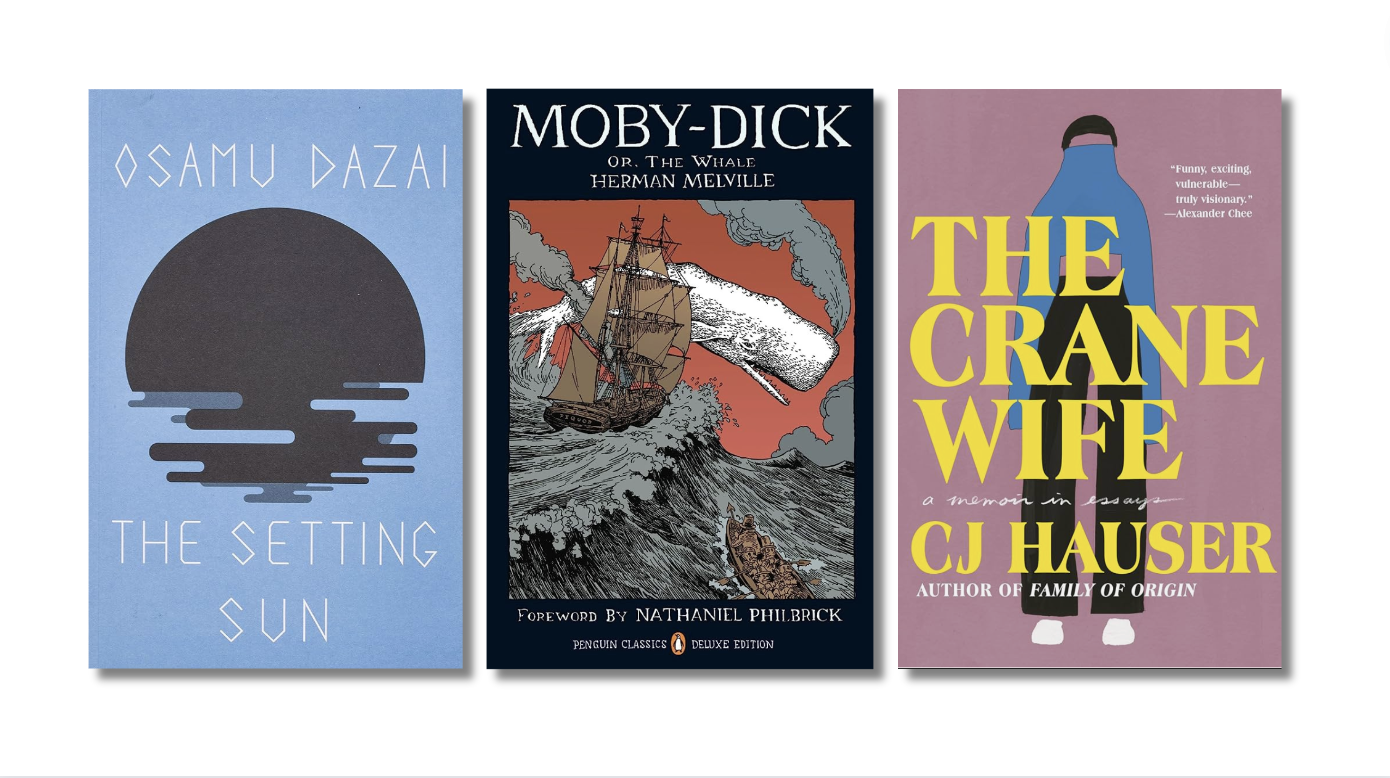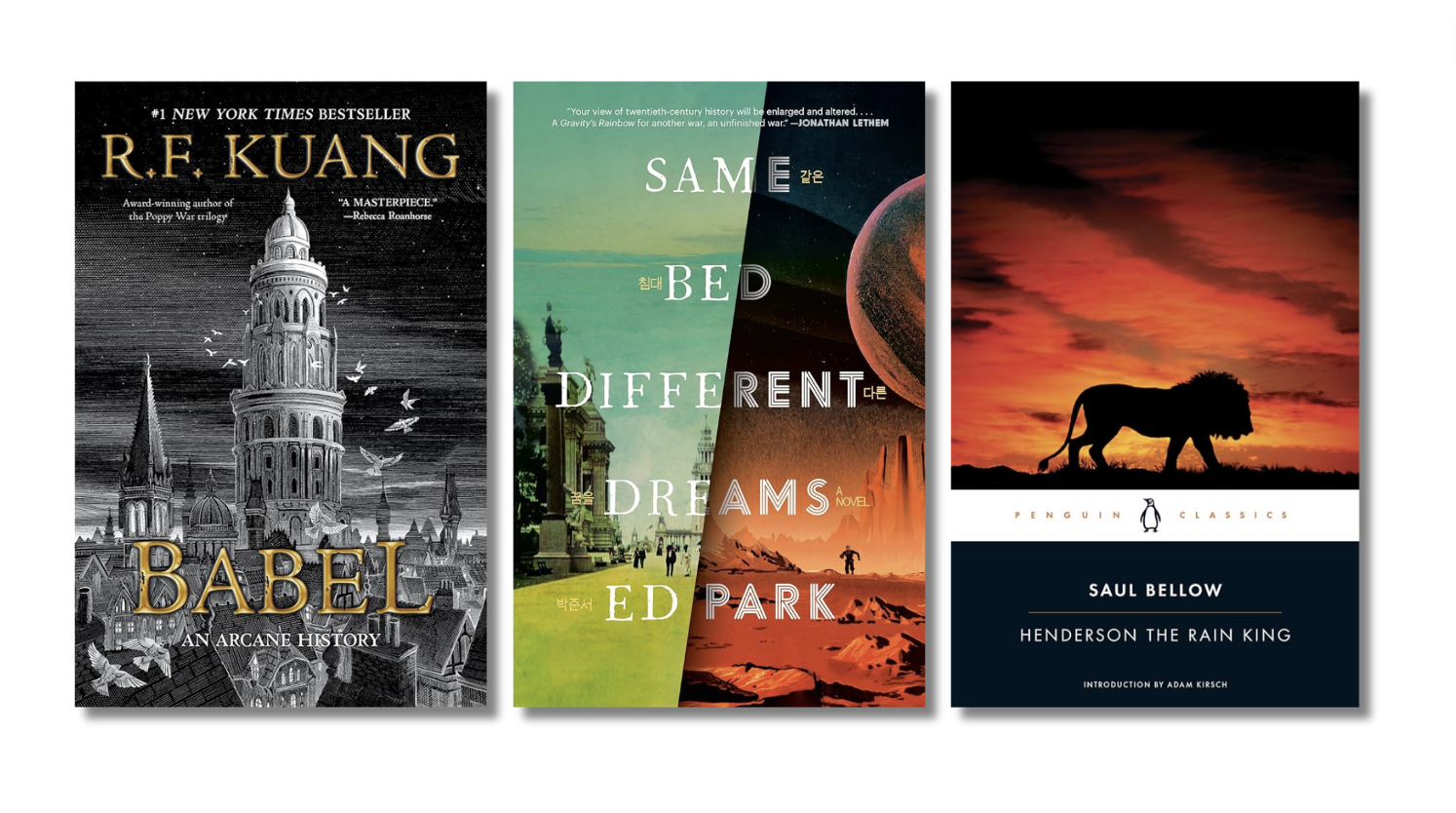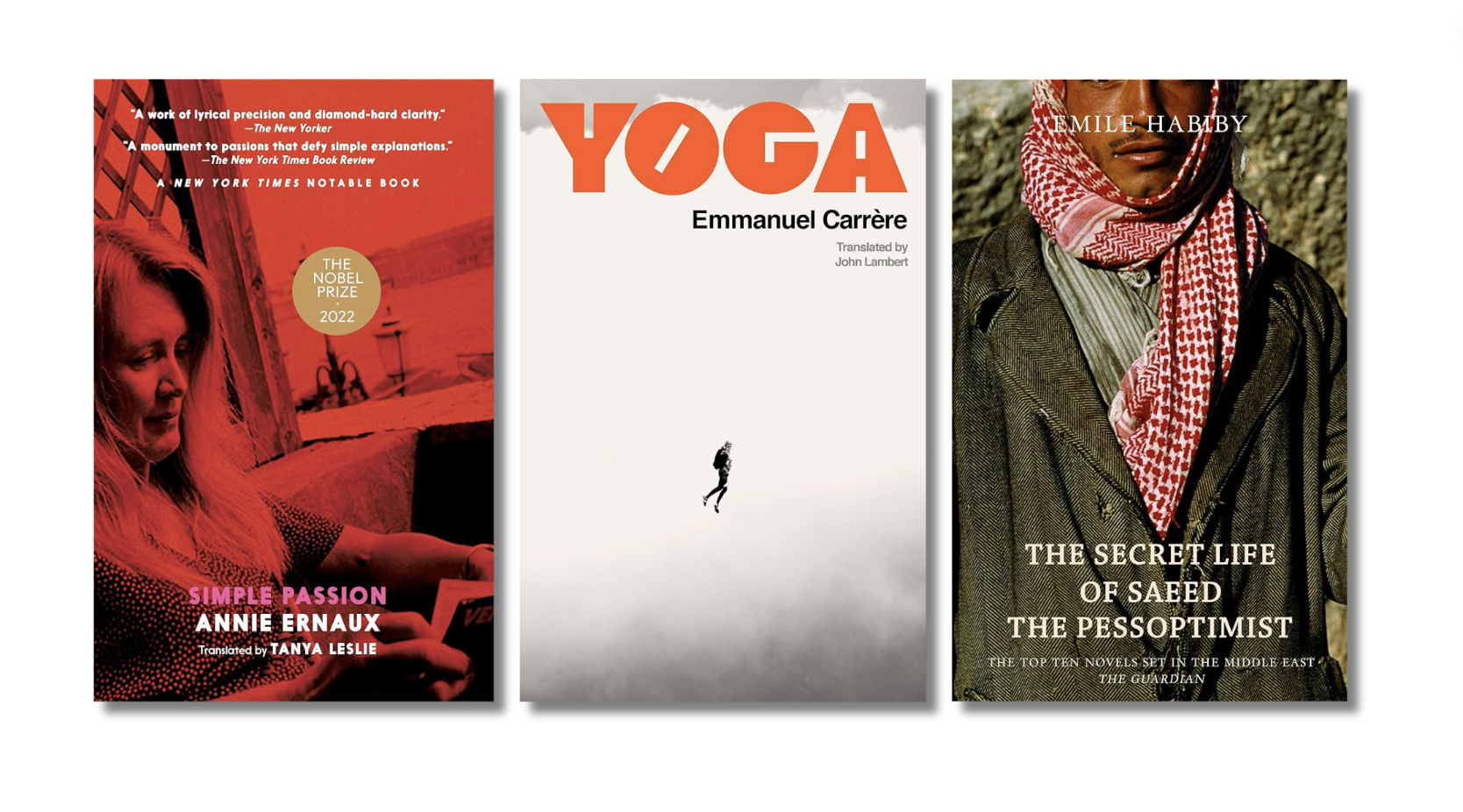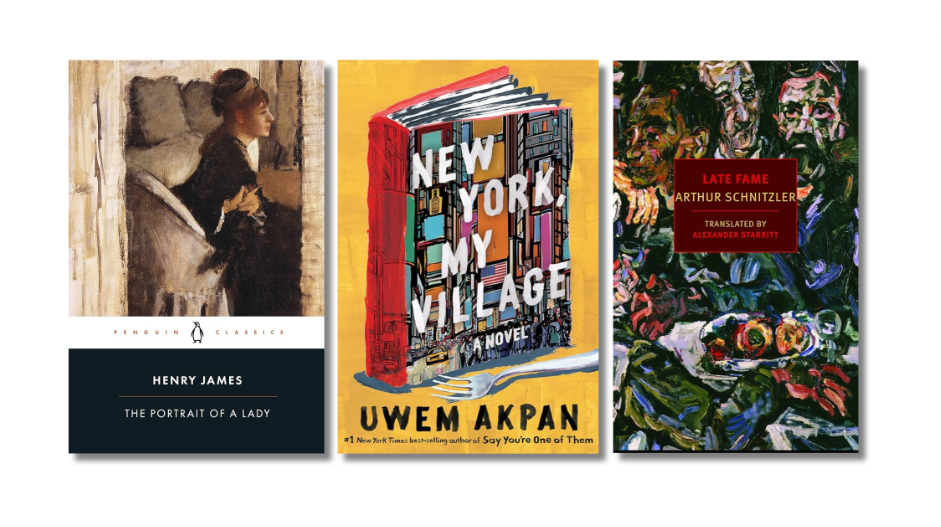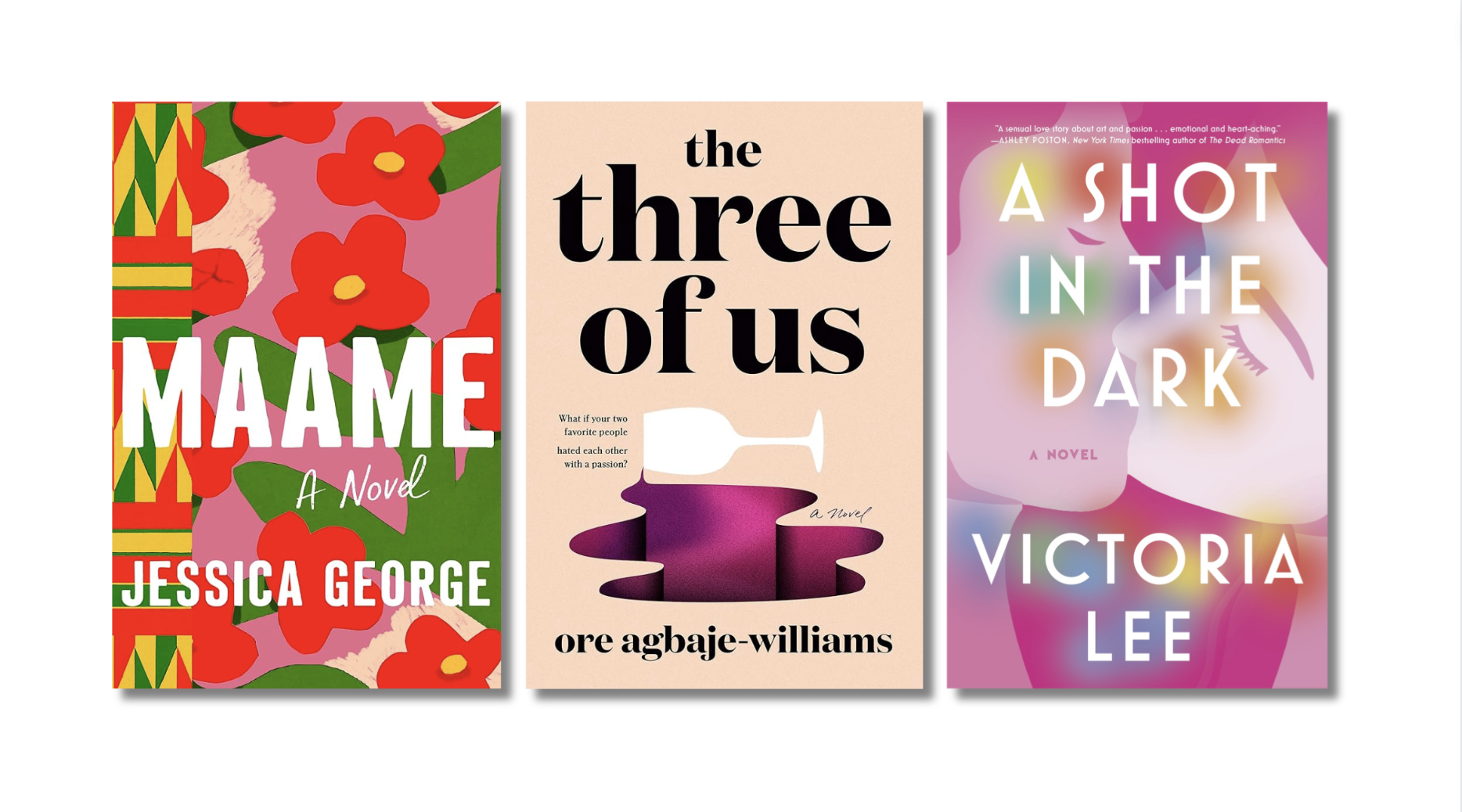 This was the year in which I read Twilight, in something less than forty-eight fevered hours, and thought: Tantric rape fantasy. And: Wait, is this a Volvo ad? This was also the year in which I read Tender Morsels, a young-adult novel by the Australian writer Margo Lanagan. It was a revelation, a dark, engrossing fairy tale whose intricacies and images are as haunting and impossible and psychologically freighted as a dream.
This was the year in which I read Twilight, in something less than forty-eight fevered hours, and thought: Tantric rape fantasy. And: Wait, is this a Volvo ad? This was also the year in which I read Tender Morsels, a young-adult novel by the Australian writer Margo Lanagan. It was a revelation, a dark, engrossing fairy tale whose intricacies and images are as haunting and impossible and psychologically freighted as a dream.
The opening of Tender Morsels is brutal: thirteen-year-old Liga, whose mother has been dead for several years, is unknowingly pregnant with her father’s child. She has a miscarriage, brought on by the herbs of a local “mud-wife,” added by her father to the fire in their dilapidated cabin at the edge of town. The narration, in the third person at this point in the story, sticks close to Liga’s perspective, betraying how little of what is happening she comprehends. From the confusion—the consequence of her father’s inexplicable aggression and abuse, compounded by her isolation and her ignorance—Liga’s own eccentric voice emerges like a quirky, irresistible melody. It is a voice in love with language and its idiosyncrasies, that has no problem ginning compounds or changing nouns to verbs, that sees the herb smoke “cauliflowering out of the fireplace, fogging the air.” And she has an ear. Her second abortion, this one brought on by bitter tea, takes place on a “blossomy, bosomy, rotting night. . . [b]ut in from that night kept sidling the thin black witch who was the pain.” After her father is trampled by a horse and dies, Liga, pregnant again, stands over his dressed corpse “all mix-feelinged and waiting.”
Soon the novel turns fabulous. Liga, by now fifteen and the mother of two (one her father’s child, one the result of a gang rape by five boys from town), disappears into a world of her own invention, which, the reader comes to understand, is her personal heaven: a snug cabin in the woods where she can do her sewing (repairing, repairing) and her daughters can grow up graceful and unafraid. This is where the magic of Lanagan’s plotting begins to take effect, when the thin membrane separating Liga’s heaven from the real world is punctured.
The novel argues for language and its salvific possibilities, and explores the relationship between trauma and the imagination. In Lanagan’s moral framework, fantasy is the consolation for sex, but fantasy’s seductions are potentially the more dangerous and damaging. It is the best kind of book: a book that makes you want to write, but pins you to your chair and demands that first you finish it.


